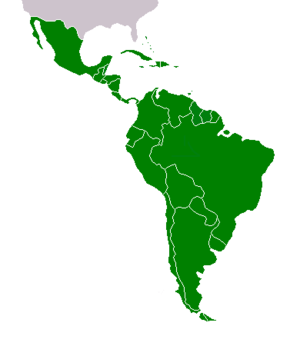The Origins of Barbecue in History—Part 2
From game meat roasting over a primitive fire to the fine cut of beef sitting on your plate at a churrascaria. On Part 1, we began delving into the origins of churrasco and all of barbecue in history. First, we considered that the practice of cooking game over an open fire likely dates back to when man mastered the use of fire. Thus, explaining why this method of preparing meat became so widespread worldwide. Then, we analyzed the possibility of Middle-eastern influence on South American churrasco. However, this juicy subject is far from being over. Let’s focus a little on the word “barbecue” itself.
A French Anecdote
As previously mentioned, it may be impossible to pinpoint the first use of barbecue in history. This leads us into the fascinating paths of anecdotal evidence. A friend from France told me this tale about the original meaning of “barbecue”: He said that the word derived from a method of roasting an entire goat with a skewer. The skewer running through the animal’s body from its mouth to its rear end. This was termed in French barbe à queue (that is, “beard to tail”). While this is popularly held as factual, many experts point to a much different point on the map as the source of barbecue.
The Caribbean Origin Theory
A widely accepted view is that barbecue actually originated in the Caribbean and that the term comes from the word barbacoa, which was basically what some indigenous peoples called their grills. According to this version, the colonizers learned such a method of cooking meat with the natives. Interestingly, advocates of the French origin argue that the influence happened the other way around. They claim it was the Europeans who brought both the technique and the name to the West Indies. Then, barbacoa would be how the locals came to pronounce it.
“Cada Um Puxa a Brasa…”
Middle-eastern? Native American? French? Caribbean? What are the origins of barbecue after all? That may be unknowable, but it seems like nearly every culture would like to be the “inventors of barbecue”. It is just as the saying goes in the South of Brazil, Cada um puxa a brasa para o seu assado, which could be translated: “Each person will pull the ember under his own roast.” (Any reference to actual churrasco is not purely coincidental.) That saying is close in meaning to “feathering your own nest” or “buttering your own bread” in English, pointing out that people generally favor their own views. When it comes to barbecue in history, each culture will pull the ember to their side and claim authorship. It might appear that barbecue is such a divisive force, but, curiously, it’s quite the contrary!

